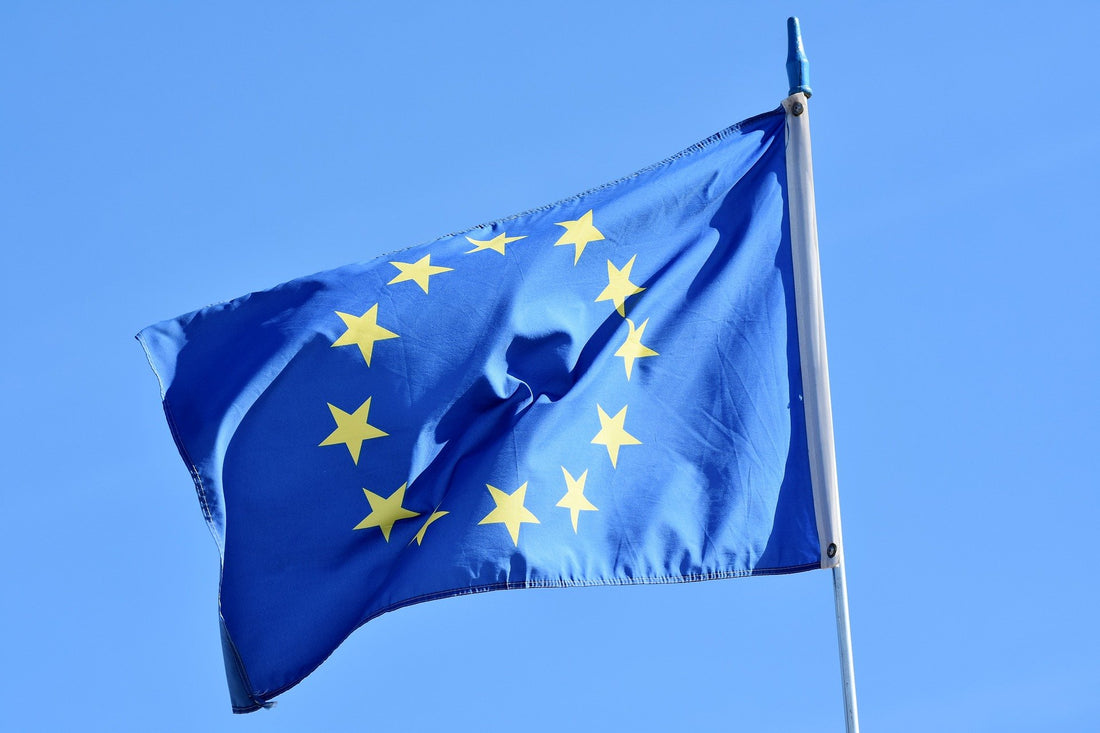
Buy From the EU Without Paying the Custom Tax
Themazi is now registered for Import-One-Stop-Shop ( IOSS ) in the EU. It means that while shopping on themazi, you will have to pay VAT. The VAT that themazi collect, is paid to your country authorities every month. What does it mean?
Up to 150 Euro orders, you will not pay any custom tax or etc, once you buy and pay your VAT to themazi. pic
Here is the official the EU announcement.
ALL YOU NEED TO KNOW ABOUT THE IMPORT ONE-STOP SHOP (IOSS)
The Import One-Stop Shop (IOSS) is the electronic portal businesses can use since 1 July 2021 to comply with their VAT e-commerce obligations on distance sales of imported goods.
According to the VAT rules applicable up until 1 July 2021, no import VAT has to be paid for commercial goods of a value up to EUR 22.
The new VAT e-commerce rules abolish this provision as of 1 July 2021. Thus, from 1 July 2021, all commercial goods imported into the EU from a third country or third territory is subject to VAT irrespective of their value.
What is the IOSS for?
The IOSS allows suppliers and electronic interfaces selling imported goods to buyers in the EU to collect, declare and pay the VAT to the tax authorities, instead of making the buyer pay the VAT at the moment the goods are imported into the EU as it was previously the case (for products over 22 EUR).
What are the advantages of the IOSS?
The IOSS facilitates the collection, declaration and payment of VAT for sellers that are making distance sales of imported goods to buyers in the EU. The IOSS also makes the process easier for the buyer, who is only charged at the time of purchase, and therefore does not face any surprise fees when the goods are delivered. If the seller is not registered in the IOSS, the buyer has to pay the VAT and usually a customs clearance fee charged by the transporter .
What has changed on 1 July 2021?
| Online Sellers | Electronic Interfaces |
|---|---|
|
On1 July 2021 the value added tax (VAT) exemption for the importation of goods not exceeding EUR 22 has been removed. As a result, all goods imported to the EU are subject to VAT. The Import One-Stop Shop (IOSS) was created to facilitate and simplify the declaration and payment of VAT for goods sold from a distance by sellers from either the EU or from a non-EU country or territory. Furthermore, VAT payment is applicable only to purchases made by a buyer within the EU and for goods valued at less than EUR 150. |
On 1 July 2021, the VAT exemption for the importation of goods into the EU not exceeding EUR 22 has been removed. As a result, all goods imported into the EU are subject to VAT. If the sale of goods is facilitated through an electronic interface to buyers in the EU, the electronic interface is considered to have made the sale and is in principle liable for the payment of VAT. The IOSS was created to facilitate and simplify the declaration and payment of VAT for goods sold from a distance by sellers from either the EU or from a non-EU country or territory. Furthermore, VAT payment is applicable only to purchases made by a buyer within the EU and for goods valued at less than EUR 150. |
Which supplies of goods does the IOSS cover?
| Online Sellers | Electronic Interfaces |
|---|---|
|
The IOSS covers the sale of goods from a distance that are:
|
When an electronic interface facilitates the sales of imported goods from a supplier and the goods are:
The electronic interface is considered to have facilitated the sale of imported goods when it allows a buyer and a seller to enter into contact via that electronic interface, where the end result is the sale of goods to that buyer. |